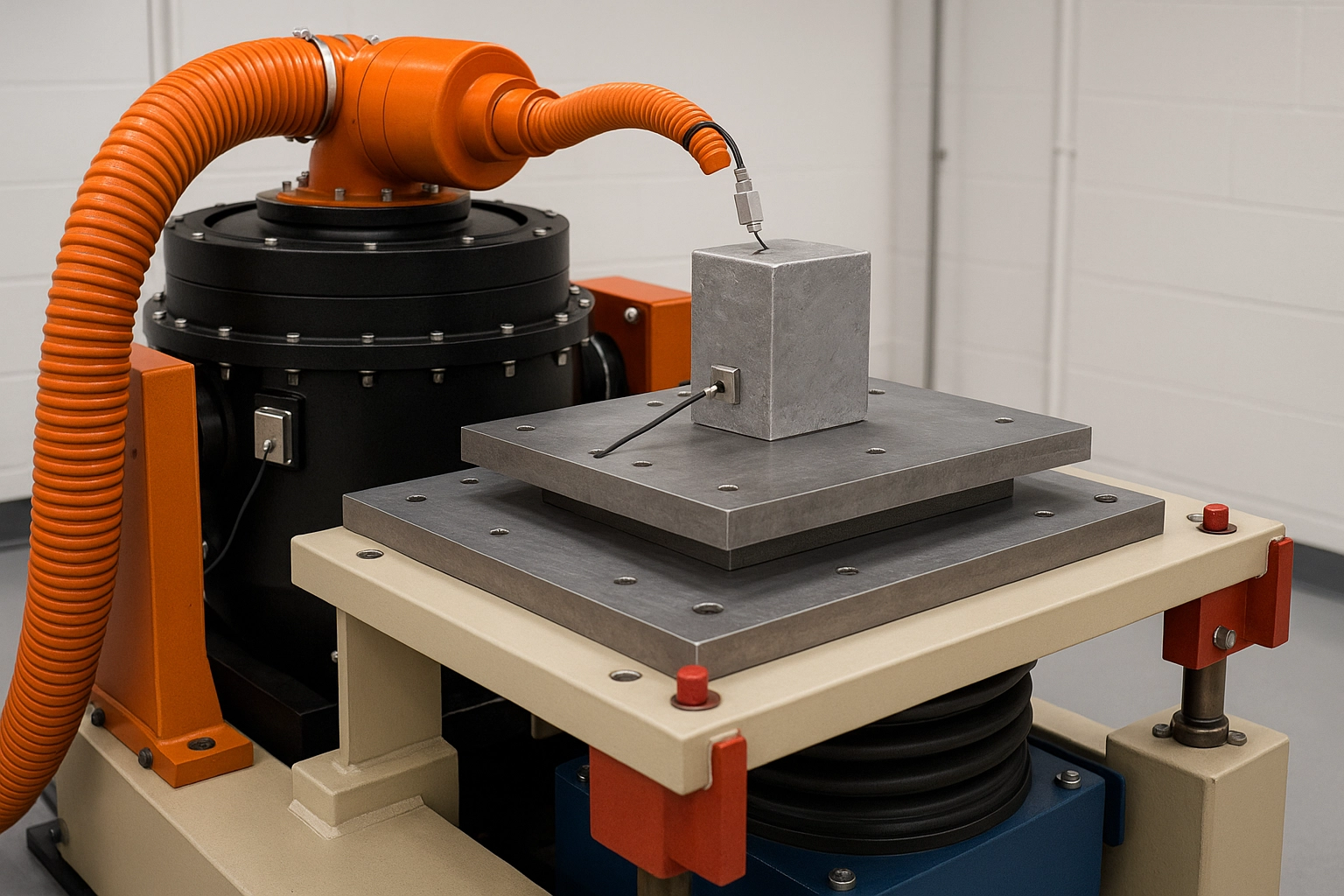JIS Z0202 Shock Test for Vehicle Packaging Systems
The JIS Z0202 shock test is a critical procedure used to evaluate the durability and resilience of vehicle packaging systems under simulated road conditions. This test ensures that components, assemblies, and materials are capable of withstanding mechanical shocks encountered during transportation without compromising functionality or integrity.
Automotive packaging involves the design and selection of materials for protecting cargo against damage from environmental factors such as vibration, shock, and temperature changes. The JIS Z0202 test provides a standardized method to assess how well these packages withstand sudden impacts that they might face during shipment and delivery processes.
This particular test follows the guidelines set forth in JIS Z0202, which is part of Japan’s Industrial Standards (JIS). It simulates shock events by applying controlled impacts using a drop hammer or similar device. The goal is to determine whether the packaging remains intact and protects its contents after being subjected to specified levels of mechanical stress.
The test procedure typically involves placing the packaged item onto a rigid surface, then dropping it from various heights according to predefined criteria. The height at which impact occurs determines the severity of the shock experienced by the package. After each drop, engineers inspect both the exterior and interior of the packaging for any visible signs of damage.
Real-world applications include ensuring that electronics inside shipping containers do not suffer internal short circuits due to jarring motions during transit; protecting fragile cargo like glassware or ceramics from breaking during delivery; safeguarding perishable goods such as fruits and vegetables by preventing bruising caused by rough handling; and guaranteeing that structural components of vehicles remain secure even when exposed to significant bumps and knocks.
Compliance with JIS Z0202 is essential for manufacturers who wish to meet domestic market requirements in Japan, as well as export standards internationally. By adhering to this standard, companies can demonstrate their commitment to quality control and product safety while also reducing potential risks associated with non-compliant shipments.
For manufacturers focused on meeting international standards, understanding the nuances of JIS Z0202 is crucial because it aligns closely with other global specifications like ISO 16739 for road vehicle packaging. Familiarity with these protocols enables firms to streamline their supply chain processes and enhance overall operational efficiency.
In summary, the JIS Z0202 shock test plays a vital role in safeguarding goods during transportation by simulating realistic conditions faced by packages en route from manufacturer to end user. Its rigorous procedures ensure that products arrive safely and undamaged, thereby enhancing customer satisfaction and brand reputation.
Scope and Methodology
The scope of the JIS Z0202 shock test encompasses evaluating the performance of vehicle packaging systems under simulated road conditions. This includes assessing how well the package handles sudden impacts, whether they are caused by rough terrain or abrupt stops during transit.
- Test Specimens: The specimens tested should be representative of typical automotive packaging used in various industries.
- Instrumentation: High-precision impact testing machines capable of generating controlled impacts are required. These devices ensure consistent application of force across multiple tests.
The methodology involves placing the packaged item onto a rigid surface, then dropping it from different heights according to predefined criteria. The height at which impact occurs determines the severity of the shock experienced by the package. After each drop, engineers inspect both the exterior and interior of the packaging for any visible signs of damage.
Acceptance criteria stipulate that no structural failures or loss of containment should occur during testing. Additionally, visual inspections are conducted to identify any cosmetic blemishes or other defects that may indicate compromised quality.
Customer Impact and Satisfaction
- Enhanced Reputation: Compliance with JIS Z0202 helps manufacturers build trust among consumers by demonstrating a commitment to product safety and reliability.
- Increased Sales: Meeting international standards can open up new markets, particularly in Japan where this standard is widely recognized. Satisfied customers are more likely to recommend your products or services to others.
By ensuring that their packaging meets the rigorous requirements outlined in JIS Z0202, companies can significantly reduce the likelihood of product failures during transit. This not only protects the integrity of the goods themselves but also minimizes costly replacements and returns. In turn, satisfied customers are more likely to purchase additional products from the same brand.
Furthermore, adhering to this standard helps streamline supply chain processes by reducing discrepancies between domestic and international standards. This consistency allows for smoother operations throughout the entire production cycle, ultimately leading to higher efficiency levels within organizations.
Achieving compliance also provides peace of mind knowing that products are being handled safely from factory floor to final destination. For quality managers responsible for overseeing these aspects, meeting such stringent requirements reflects positively on their ability to maintain high standards across all facets of business operations.
International Acceptance and Recognition
- Widely Used in Japan: As a JIS standard, the JIS Z0202 shock test is highly regarded within Japan’s automotive industry. Many leading manufacturers have already implemented this protocol as part of their quality assurance programs.
- Increasing Global Adoption: With increasing globalization and international trade agreements, more countries are adopting similar standards to ensure consistent product safety across borders.
The JIS Z0202 shock test is not just limited to Japan; it has gained recognition worldwide due to its effectiveness in protecting cargo during transportation. Many major automotive companies outside of Japan have also incorporated this standard into their quality control measures.
For businesses looking to expand their market reach beyond national boundaries, ensuring compliance with JIS Z0202 can be a strategic move towards gaining acceptance in key international markets. This global adoption underscores the importance placed on product safety and integrity by various stakeholders involved in the supply chain process.





